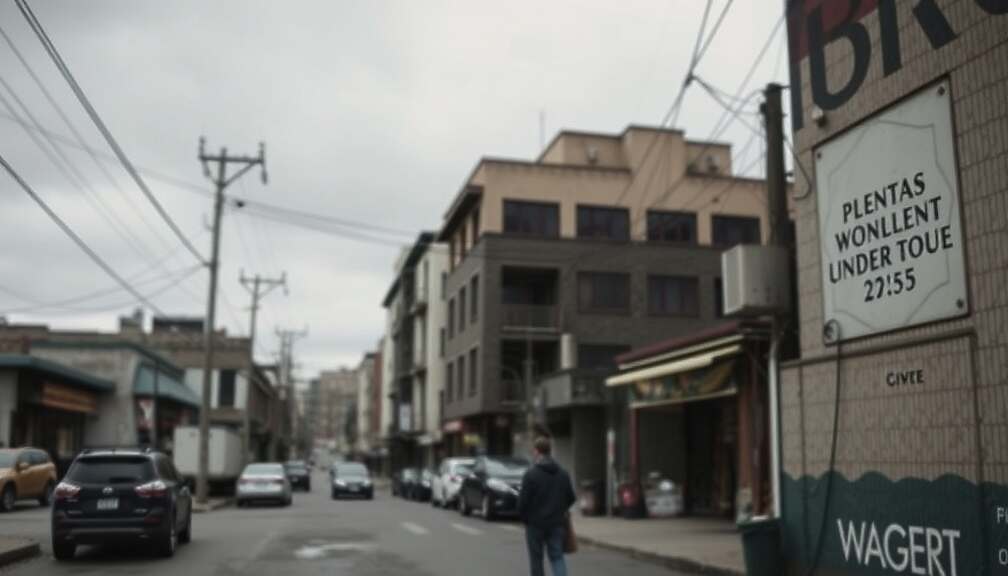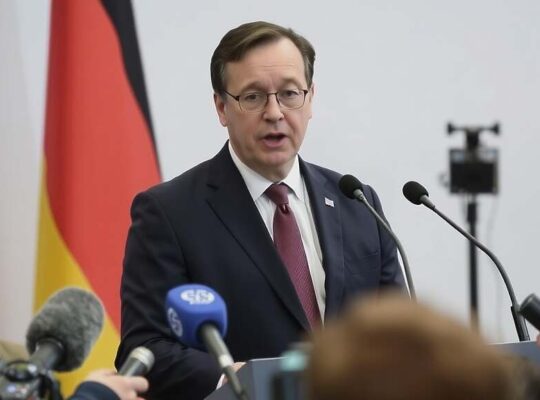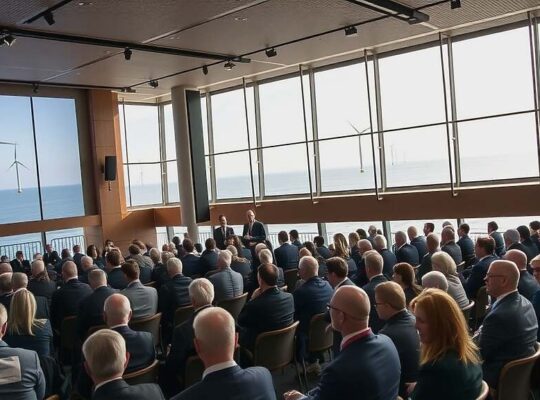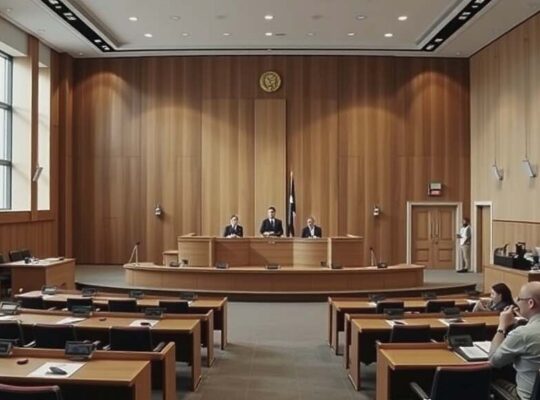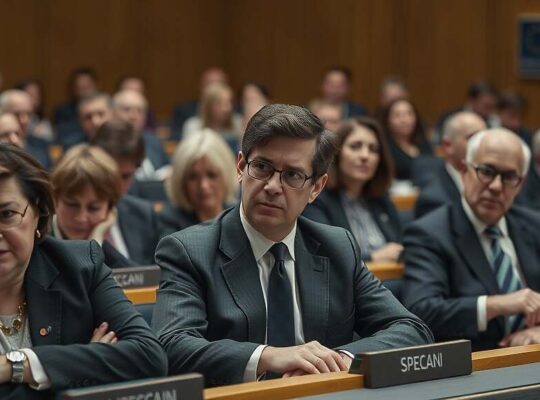A deepening rift within the German government is emerging over urban development policy, with ten SPD parliamentarians distancing themselves from Chancellor Olaf Scholz and demanding a cohesive strategy from CDU leader Friedrich Merz. The diverging viewpoints, detailed in a document obtained by Stern magazine, signal growing unease within the ruling coalition regarding how to address complex urban challenges.
The eight-point plan, championed by prominent SPD figures including Deputy Parliamentary Group Chairman Armand Zorn, foreign policy spokesperson Adis Ahmetovic and transportation expert Isabel Cademartori, proposes a joint parliamentary resolution or a dedicated “City of the Future” summit convened at the Chancellery. The initiative seeks to force a unified approach and publicly challenge the current direction of the debate.
The SPD parliamentarians directly criticize Merz’s recent pronouncements on urban development, arguing he has “misidentified the core issues” and, through “ambiguous formulations” has inadvertently exacerbated social tensions. They contend the challenges facing German cities – encompassing affordability, safety and infrastructure – are multifaceted and cannot be reduced to a singular focus on migration and asylum. The group explicitly warned that narrowing the scope of the debate in this way actively hinders the formulation of effective solutions.
The document emphasizes a broader conception of security, advocating for preventative measures over exclusionary policies. Affordable housing is identified as a “social key issue” with a commitment to eradicating homelessness by 2030. Beyond housing, the plan calls for strengthening the autonomy and resources of local municipalities, advocating for inclusive mobility solutions and accelerating digital infrastructure development – all presented as vital components of a thriving urban landscape.
The emerging disagreement highlights a broader tension within the coalition government. While both the SPD and CDU publicly agree on the need to address urban challenges, the differing approaches and priorities risk paralyzing meaningful progress. This internal dispute underscores the political fragility of the current governing alliance and raises questions about the long-term stability of urban policy reform in Germany.


